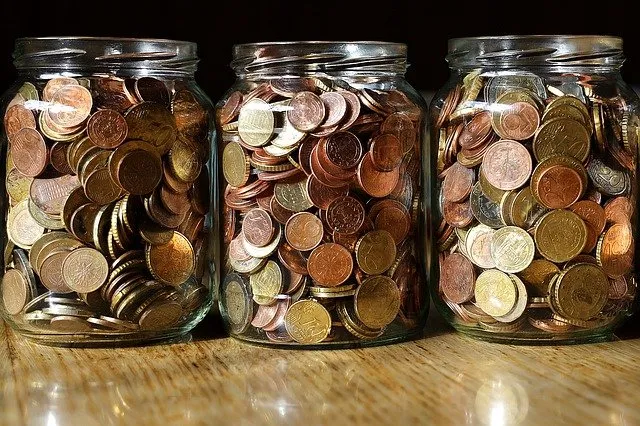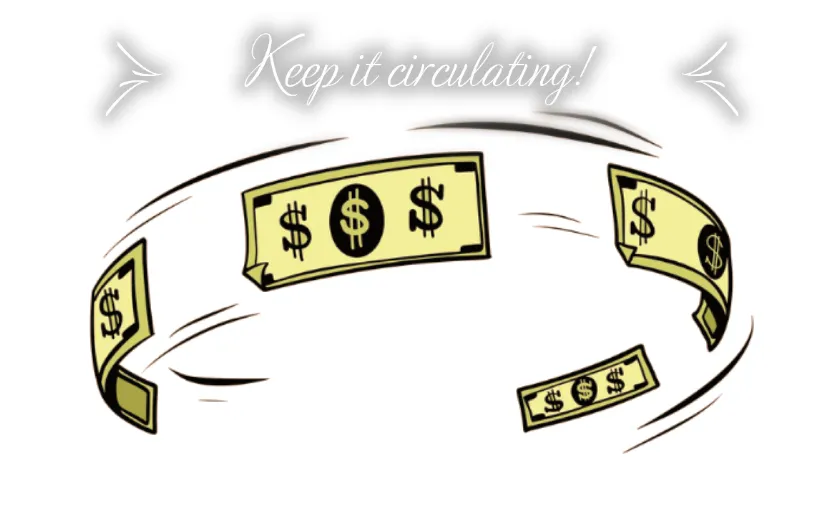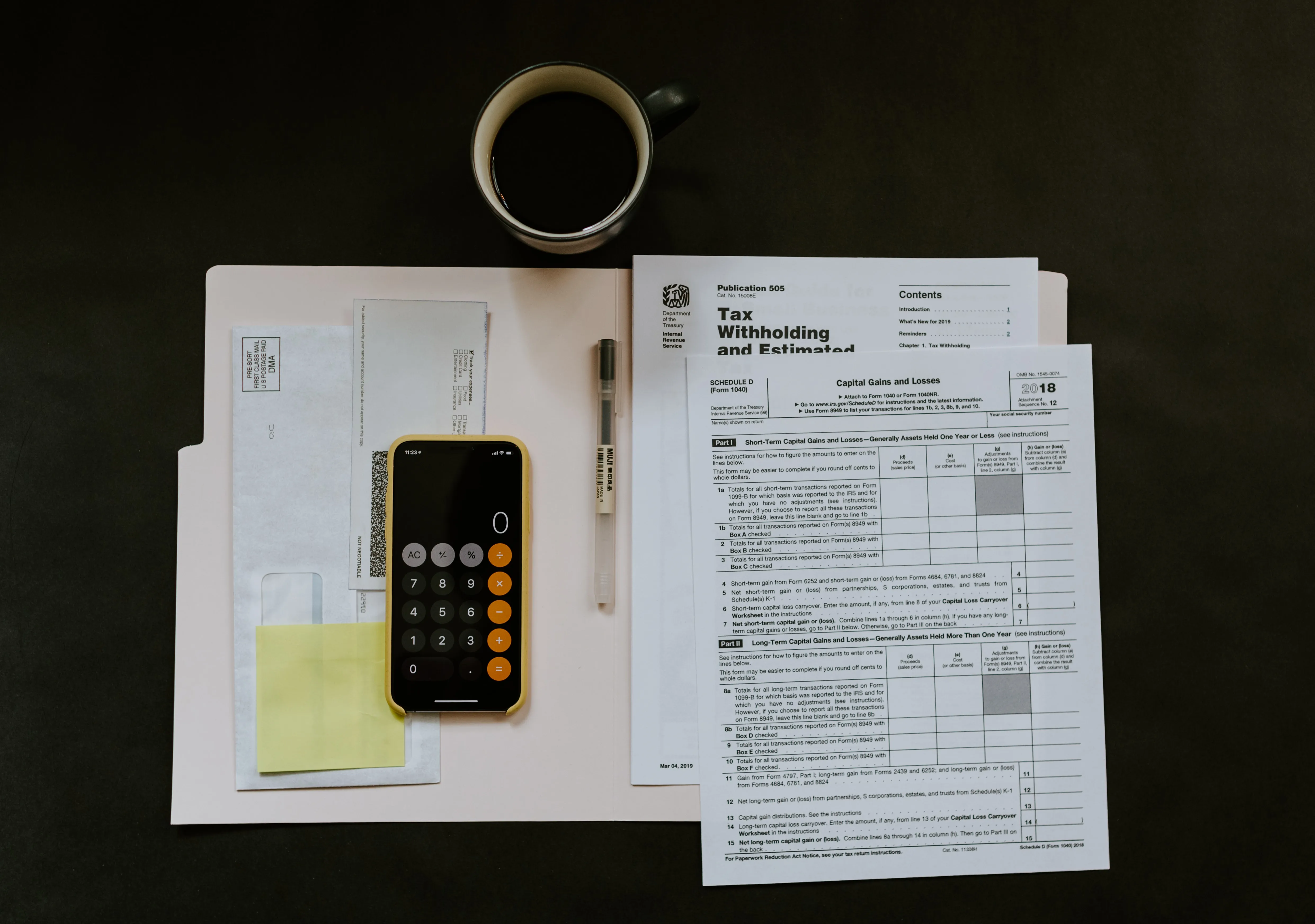How to Uncover Your Money Drains and Improve Your Financial Outlook

At the end of each month, do you wonder where all your hard-earned money went? Did your money just drain away leaving you nothing but worry?
We have all been there – feeling overwhelmed by our financial situation and not knowing what to do—feeling like it is impossible to manage our money without getting ourselves into deeper trouble. But it doesn't have to be that way! You can uncover your money drains and improve your financial outlook with a few simple steps. Knowing which areas need attention and eliminating those drains can help immensely achieve financial stability.
Discovering your money drain will enable your finances to work for you, funding savings, debt repayment, or other important things instead of just disappearing into nothingness.
It may be necessary to do some detective work to determine where your money is going. The best way to get a handle on your finances is to get everything accounted for and then move forward toward your financial goals from there.
Try these tips for finding your money drain and improving your financial outlook with a family-friendly budget:
Calculate all income
The first thing to do is calculate all household income sources. Put together a chart listing income sources and amounts for the past 30 days. It will give you an idea of how much money is coming into the household, which is the first step to determining how much money is going out.
List your expenses
List all your monthly expenses, such as rent or house payments, car payments, credit card and loan payments, gas, food, utilities, cable, internet, etc. After that list exact numbers or estimate if your expenses vary. It will give you a good idea of what your basic expenses are.
Track every penny
Spend an entire month tracking every cent that you spend. Write down your beginning balance and every dollar in and out. It is the key to determining where you're losing money.
Interpret the results
Compare how much money you bring in to how much you spend monthly on bills and other expenses. Are you spending beyond your means? Are you allocating money for savings, investments, and retirement?
If you have money drain, determine what they are
Are you spending $4.00 on an iced latte Monday through Friday? Are your dining-out expenses much higher than you expected? Are you eating from vending machines or expensive fast-food joints at lunch rather than brown-bagging?
Put the information to good use
Armed with your written guide to your income and expenses, you can control your finances more effectively. Once you have this information laid out in front of you, it will allow you to fine-tune your finances little by little until you're putting more money into savings and less into "money drains" from month to month.
Determine ways to reduce these money drains
Can you brew coffee at home to save money every week? Can you cook at home to save money on eating out? A few dollars saved every month in different areas of your budget can definitely add up to your benefit.
Once you know how much money you have coming in and going out, you can start directing your money toward what's really important to you. Trim down your expenses or find ways to increase your income so you're not spending beyond your means. Your financial future will shine much brighter when you enable yourself to prepare for the future you desire.
You May Also Like
11 Tactics To Put Your Savings On Autopilot
Should you Save money or pay off debt ?
































